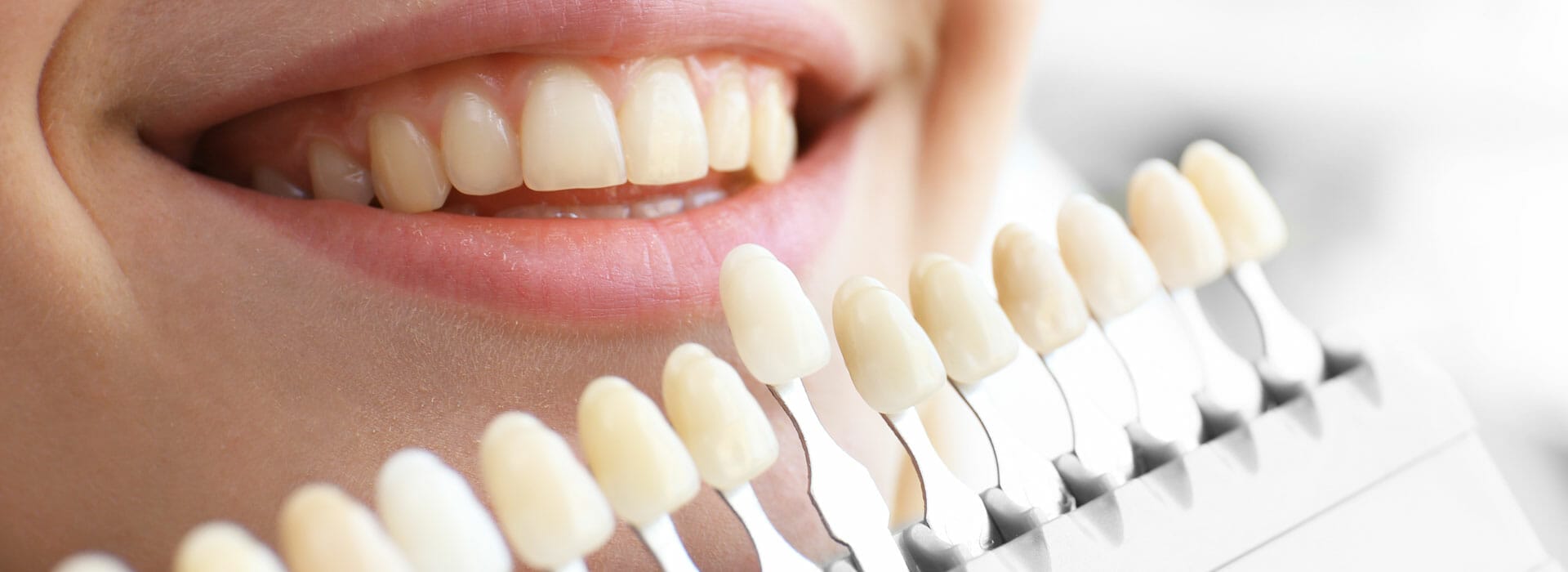
Tooth-Coloured Fillings (white fillings) have become very popular over the past 30 years. Most patients prefer these fillings to silver or amalgam fillings. In particular, patients appreciate the superior appearance of white fillings over the silver alternative. There are some differences between white and silver/amalgam fillings that patients should be aware of. I will explore these below!
White Fillings have a clear esthetic advantage over silver fillings. However, these fillings are less durable and have a shorter longevity. Most people hear this and still choose the esthetic alternative but it is important that you know this. Often times, edges of the filling break down and leak (think bacteria and decay getting into your tooth) over time and need to be re-sealed. Silver fillings break down too but tend to last much longer.
When your Family Dentist repairs a cavity, the nerve in your tooth gets "worked up" no matter how shallow that cavity is. Because of this, it is common to experience some cold or pressure-related sensitivity for a few days to a week following dental fillings. The degree of sensitivity is much higher following placement of white fillings. At our office, we typically place a liquid de-sensitizer on your tooth bonding the filling over top. This dramatically reduces the sensitivity that you feel after your appointment!
There are some insurance providers that only cover silver fillings, especially for molars and premolars. Luckily, these dental plans are rare. However, it is important that you understand the details of your dental benefit plan so that you know what your plan will cover.
White fillings provide a highly esthetic alternative to the silver amalgam alternatives. Importantly, there are some key differences between the two types of dental filling. In most cases, patients still choose tooth-coloured alternatives but it is always important that you have as much information as possible before embarking on dental treatment!
Thank you for reading this week!
Give us a call at (519) 576-8160 or request a consult here.
This article is intended to promote understanding of and knowledge about general oral health topics. It is not intended to be a substitute for professional advice, diagnosis or treatment. Always seek the advice of your Kitchener Dentist or other qualified healthcare provider with any questions you may have regarding a dental condition or treatment.
Services
Routine Dentistry & Tooth Repair
Oral Surgery & Tooth Removal
Prosthetic Dentistry & Tooth Replacement
Protective/Preventive Services
Teeth Whitening
Schedule an Appointment Now
